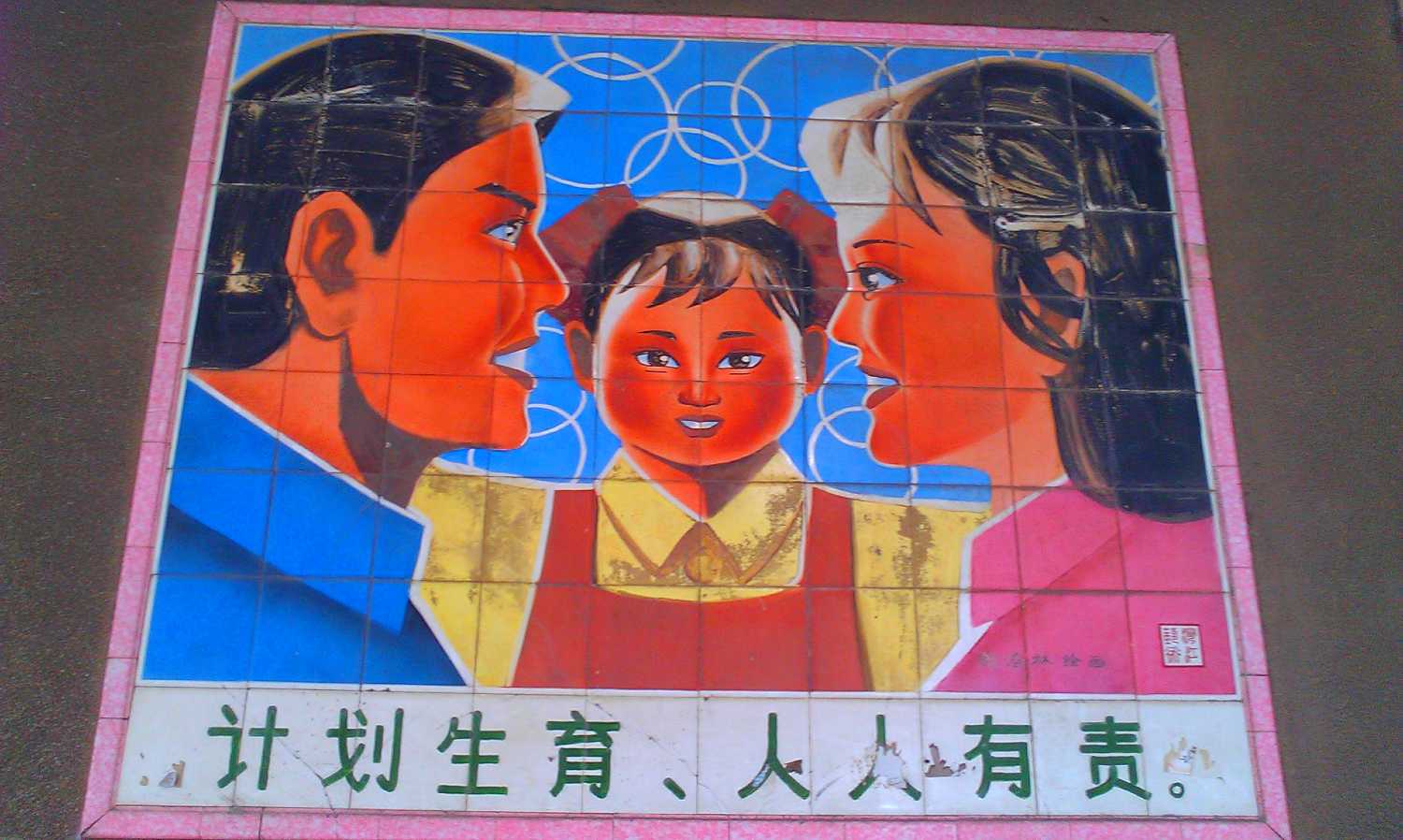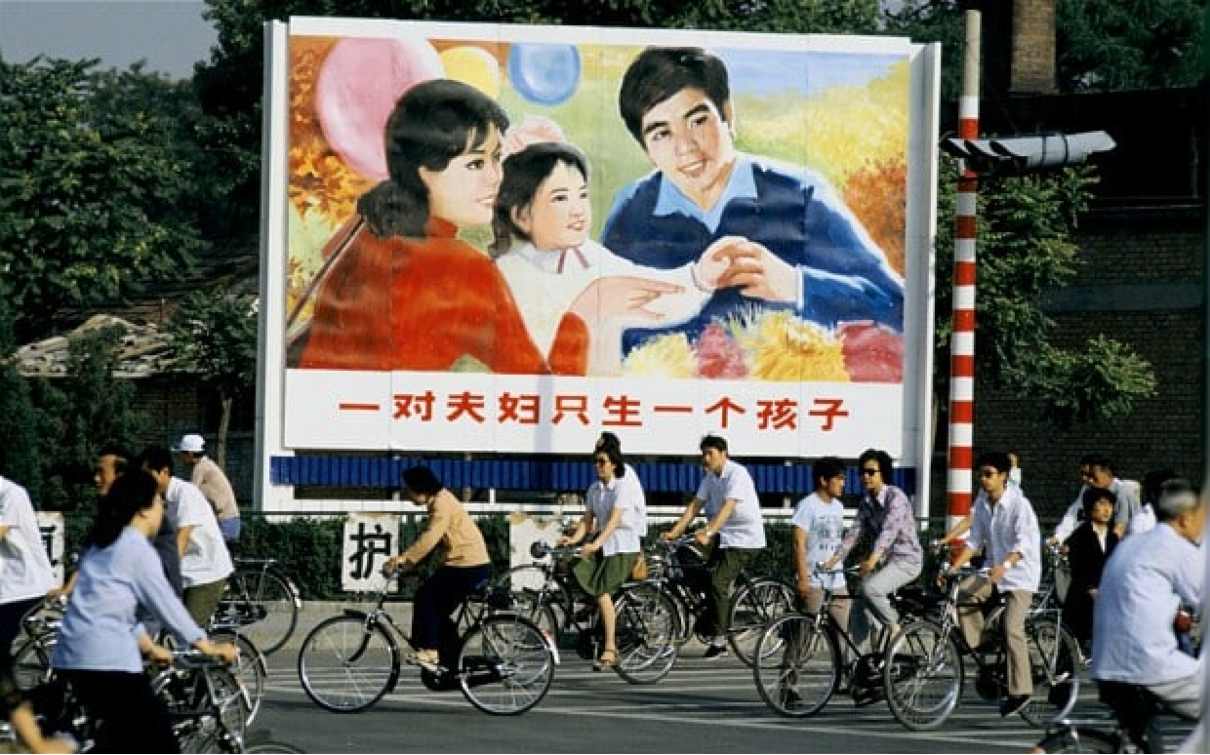The decline in population growth has become a serious issue that the Chinese government would like to reverse. There was a time when the government wanted Chinese couples to only have one single child.
The downward trend is likely to be mirrored by a further fall in birth rates, which reached a record low of 6.77 births per 1,000 people in 2022 as the population fell for the first time, according to official statistics.
One important reason for the population decline is the reluctance of the youth to get married. Perhaps the institution of marriage has lost its sheen or is considered an outdated tradition by the younger generation in China.
Fewer People Getting Married
Field reporters contacting young Chinese of marriageable age in both genders said that the increasing costs of marrying and raising a family, besides the laws of the land becoming harder to get a divorce was why they were reluctant to tie the knot.
The youngsters are reported to have welcomed the decline in the population and refusal of the youth to get married.
The number getting married for the first time dropped to 11.6 million last year, almost 7000,000 down on the previous year, reported the South China Morning Post on 28 January.
These marriage figures were first published in December. Then people hunted social media Web for the statistics. This was when most people visited family during the Lunar New Year holiday.
Perhaps the trend of not getting married has become viral among the Chinese youth. In a sense, it is developing into a social movement because of the posters in many places hailing the wisdom of young people not to get married.
Those carrying the posters had added that they would not be getting married. One user wrote, “Marriage is like a gamble. The problem is that ordinary people cannot afford to lose, so I choose not to participate.”

In 2021, the Chinese government passed a law that introduced 30 days cooling – period for divorce seekers to improve social stability. Youngsters of marriageable age are apprehensive that the government could extend the cooling-off period to any length, thereby making the divorce law more stringent.
The new rule of a 30-day wait led to a fall in the divorce rate. But some social activists found that the law was rather hard for divorced women without an independent source of income. Additionally, one seeking divorce must wait longer if the partner refuses to get divorced. The law cannot compel him.
It is said that there were many cases in which the divorce applications were not approved even though the applicant had become the victim of cheating or domestic violence. A young woman said, “Getting married is like going to hell.”
This shows that in Chinese society, bad things like cheating on a wife or subjecting her to domestic violence are not uncommon, and many females would not marry owing to this kind of cruel behavior. It is also reported that forced marriage is painful and invariably ends in divorce.
China’s Population Decline To Impact The World
Chinese experts are concerned that a trend toward decline could impact not only China but also the world. China is focusing on driving global growth as the second-largest economy. To achieve that goal, a declining population is not a healthy sign.
At the same time, China’s working force is aging, and if fewer younger people are to continue the production level to sustain the economic level, then it is s a matter of much concern.
China’s one-child policy has been mainly responsible for the population decline for over thirty-five years. The government allowed two children in 2015, and in 2021, couples were allowed to have three children. However, financial assistance for raising three children has not been seriously considered.
People in cities face wage stagnation, fewer job opportunities, and grueling work hours that make raising one child, let alone three, complex and expensive.
Analysts say these issues are complicated by entrenched gender roles that often place the bulk of housework and child care on women. Men are generally more educated and financially independent than women and are unwilling to share the burden of running the household or raising children.

Women have also reported facing discrimination at workplaces. The bias is based on their marital or parental status. Surprisingly, employers are often said to be unwilling to pay maternity leave.
Usually, these actions fall under the violation of the human rights of women folks, but strangely, the human rights activists or NGOs have generally concentrated on the violation of ethnic Uyghurs of Xinjiang only and overlooked the abuse of human rights in Chinese society.
Of course, some cities and provinces have begun introducing measures such as paternity leave and expanded childcare services, but these are inadequate.
Things became worse when during the pandemic, frustration grew among the disenchanted younger generation whose livelihoods and well-being were derailed by China’s uncompromising zero-Covid policy. Protests and demonstrations became routine, so much so that the government finally withdrew the zero-Covid policy.
Even Japan faced three decades of economic stagnation in the early 1990s, coinciding with its aging demographics. “The Chinese economy is entering a critical transition phase, no longer able to rely on an abundant, cost-competitive labor force to drive industrialization and growth,” said HSBC chief Asia economist Frederic Neumann.
China’s economy is already in trouble, expanding by just 3% in 2022 – one of the worst performances in nearly half a century. The shrinking workforce could make a recovery even more challenging as China resumes outward travel and abandons many stringent restrictions it has upheld for the past few ears.
One social implication is that there will be fewer workers to fund things like pensions and health care as demand for these services surges due to the greying population.
Finally, talking about the impact of China’s declining population on the world, we know that “China has limited ability to react to this demographic shift and as such, it is likely to lead to slower growth outcomes in the next twenty to thirty years.
It will reduce its competence to compete with the US,” the US-based Centre for Strategic and International Studies reported.
- KN Pandita (Padma Shri) is the former Director of the Center of Central Asian Studies at Kashmir University. Views expressed here are of the author’s.
- Mail EurAsian Times at etdesk(at)eurasiantimes.com
- Follow EurAsian Times on Google News




